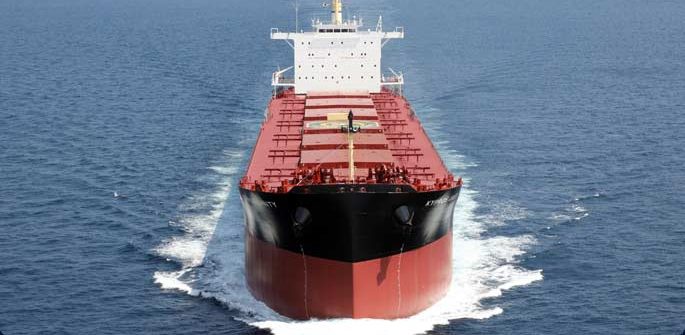Seven out of 10 bulk carriers are ‘non-eco’ with the Energy Efficiency Existing Ship Index (EEXI). This means that these bulkers will need modifications or the fleet will see significant scrapping.
More specifically, according to Clarkson Research Services, bulkers produced about 160m tonnes of CO2 last year. Nevertheless, while bulkers account for around 20% of the shipping industry’s CO2 emissions, the bulker fleet transported about 50% of global seaborne trade in tonne-miles last year, emitting 6m less CO2 than the containership fleet.
In addition bulkers’ CO2 emissions in 2020 were slightly lees than the 2010 levels, while they have also reduced speeds by 18% since 2008. Currently, Clarksons estimated that 29% of capacity is now eco.
As of now, there are only seven bulkers that use alternative fuels. Nonetheless, 4.5% of bulker tonnage, amounting to 13 ships, that have been ordered is now LNG-capable.
Finally, currently just 77 bulker ports offer LNG bunkering, Clarkson reports.




























































